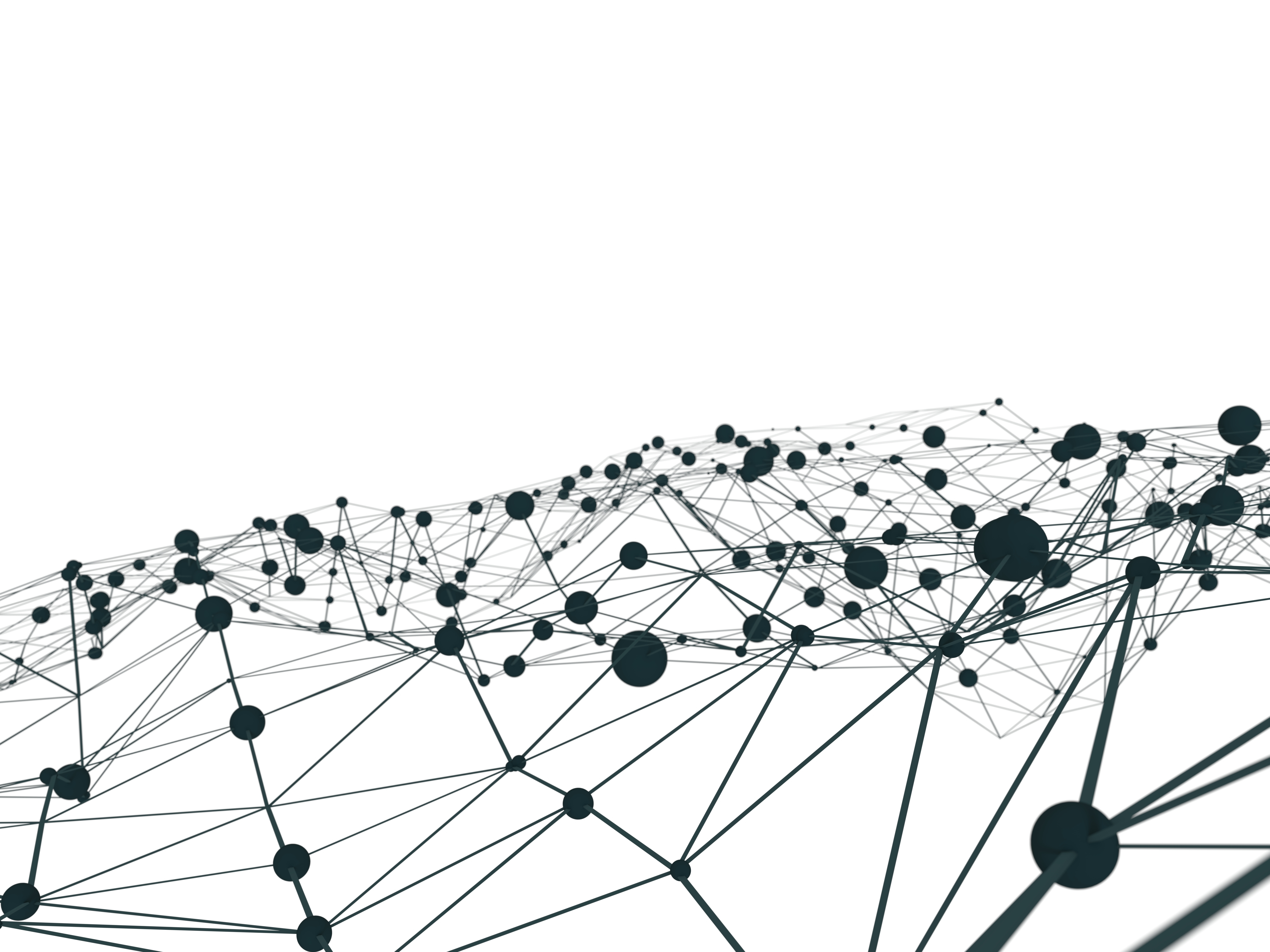
ENS Research Seminar
Dozent: Prof. Dr. Lauri Wessel
The course is open to all interested members of the Viadrina community. The working language for the entire course will be English.
Transdisciplinary discourse about topics that matter for the digital transformation of European society is an important part of the ENS community. In the Research Seminar, researchers from ENS and beyond will present contemporary work. At selected occasions, advanced students from ENS’ master’s program or PhD students may also be invited to present their projects.
The Research Seminar is a forum where ideas are presented, discussed, and challenged. Therefore, in line with ENS’ general philosophy, ideas matter – not hierarchies. Everybody is invited to ask questions, discuss, and offer suggestions concerning the works that are presented.
ENS Students can earn 3 ECTS in this research seminar (this is optional). To achieve this, we require continued participation and submission of a short essay (1500 words) with a deeper reflection, discussion or critique on one of the presentations (your choice) by February 20, 2022.
- Öğretmen: Wessel Lauri

Networks, Network Society and Network Analysis - WiSe2022/2023
Dozentin: Prof. Dr. Ulrike Klinger
The „network“ seems to be the essential metaphor of our time: We communicate on social networks, we network for career opportunities, we live in network societies. This seminar takes a closer look from various theoretical and empirical perspectives: 1) network society and related concepts (e.g. networked gatekeeping, networked public spheres), 2) network theory (e.g. actor network theory, relational sociology, ties, relations, relationships), and 3) network analysis (e.g. nodes, edges, modularity, centrality, communities). Students will learn how to read and interpret network graphs, when and how to use network analyses, reflect and discuss theoretical approaches to networks – and be able to differentiate the multiple meanings of “networks”.
The course takes place in three block sessions:
Friday 25 November 2022, 10-18 Uhr (Network Society)
Friday 16 December 2022, 10-18 Uhr (Network Theory)
Friday, 13 January 2023, 10-18 Uhr (Network Analysis)
- Öğretmen: Klinger Ulrike

The datafication of European migration and border control - a research seminar- WiSe2022/2023
Dozent: Silvan Pollozek
In the last two decades, migration and border control in Europe has transformed substantially. Through European wide and increasingly interconnected databases, biometric identification technologies, and 'smart' information systems, all kind of digital traces about people can be generated, distributed across Europe, and assessed in terms of risk. Such forms of datafication of migration and border control are not just 'technological' matters. They frame migration in terms of security, come along with new regulation and accountability issues, reshape practices and rationalities of control, produce new collaborations among heterogeneous actors within and beyond Europe, and shape new markets. They not only affect migrants' lives in many ways but also raise serious issues regarding data protection, privacy, and human rights. How to get a grasp on such vast socio-technical border assemblages consisting of many heterogeneous components? How to unpack "technological matters" and the rhetoric of techno-solutionism that de-politicize matters of migration and mobility? And how to hold actors accountable considering the close entanglement of border guards, databases, and algorithms?
In this research seminar, we will not only discuss key readings regarding the datafication of European migration and border control but also conduct research on our own. Through mapping, we will get an overview of key databases, information systems and current initiatives. Through genealogical analysis, we will trace how such vast border assemblages emerged in the context of the Schengen framework. And though case studies, we will analyze in detail the regulation, architecture, and effects of systems as well as the debates and critiques that accompany them. The research will be conducted in groups.
The course will focus on the databases Eurodac, the Visa Information System (VIS) and the Schengen Information System (SIS II), on EU's automated Entry-Exit System, on the recent EU interoperability initiative, as well as on the European Travel Information and Authorization System (ETIAS), which is still in the development phase.
- Öğretmen: Pollozek Silvan
